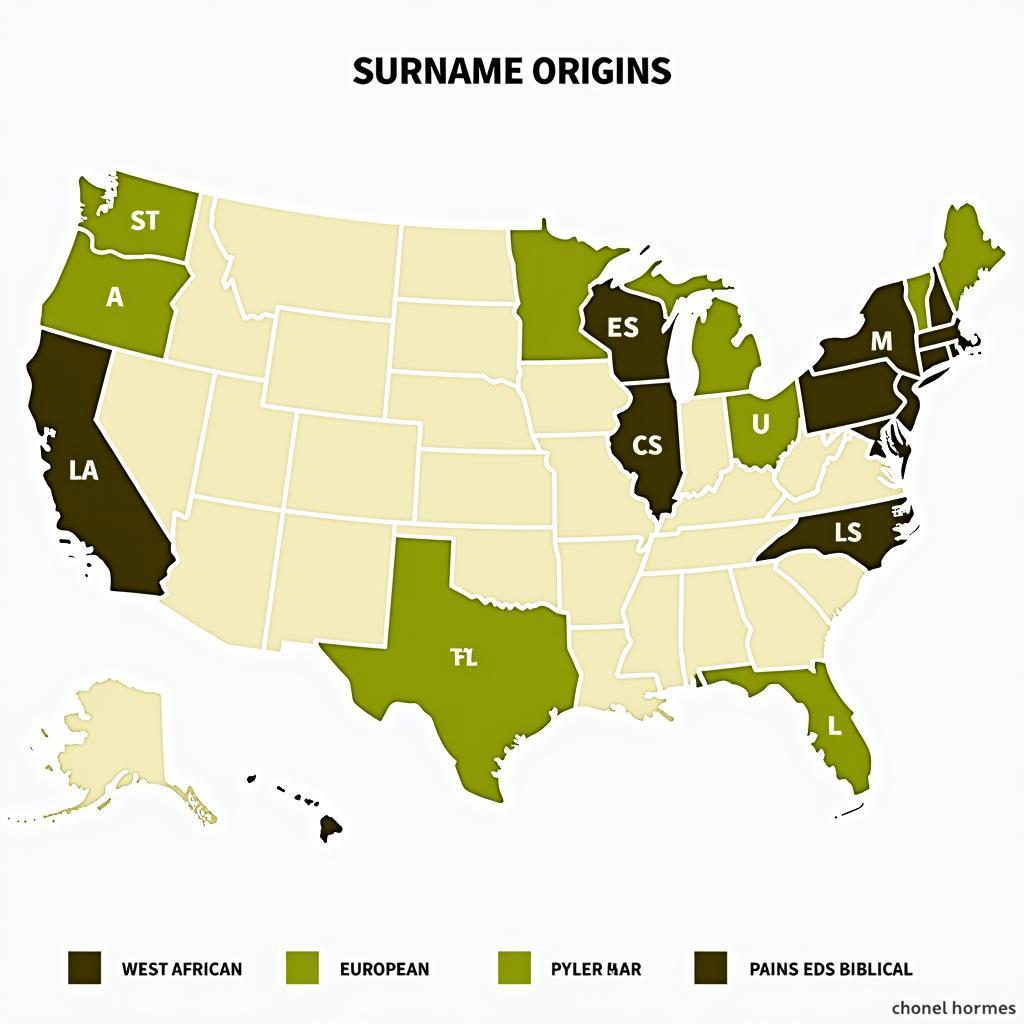African Association Definition: A Deep Dive into Cultural Networks
Understanding the concept of African associations is crucial for appreciating the dynamism of African societies and their diverse cultural expressions. While the term “association” is often used in a general sense, in the African context, it carries a deeper meaning, encompassing a rich tapestry of social, cultural, and economic networks that shape the lives of communities.
This article delves into the definition of African associations, exploring their historical origins, the diverse forms they take across the continent, and their significance in modern Africa. We will uncover how these associations serve as vibrant hubs for cultural preservation, community development, and economic empowerment.
What Are African Associations?
African associations, also known as cultural groups, social clubs, or mutual aid societies, are formal or informal organizations formed by people sharing a common bond, whether based on ethnicity, profession, religion, or geographic origin. These associations play a vital role in fostering social cohesion, promoting cultural heritage, and providing mutual support.
They serve as a bridge between individuals and communities, offering a sense of belonging and a platform for collective action.
Historical Roots of African Associations
The concept of association is deeply ingrained in African culture and has its roots in the rich history of traditional societies.
-
Traditional Societies: African societies have always been characterized by strong social networks based on kinship, lineage, and shared values. These networks evolved into formal associations that provided structure, governance, and social safety nets for their members.
-
Diaspora and Colonization: The transatlantic slave trade and colonial era witnessed the emergence of new forms of associations within the diaspora and under colonial rule. These associations served as vital support systems for Africans navigating a new world and resisting colonial oppression.
-
Post-Independence Era: After independence, African associations continued to thrive and adapt to the changing socio-economic landscape. They became a powerful force in advocating for social justice, economic development, and cultural preservation.
Diverse Forms of African Associations
African associations come in many shapes and sizes, reflecting the diverse cultural and social landscapes of the continent.
-
Ethnic Associations: These associations connect people from the same ethnic group, fostering a sense of identity, preserving cultural traditions, and offering support to migrants.
-
Professional Associations: These groups bring together individuals from the same profession, promoting collaboration, knowledge sharing, and professional development.
-
Religious Associations: Religious associations play a significant role in spiritual life, community outreach, and social service.
-
Women’s Associations: Women’s associations are dedicated to empowering women, promoting their rights, and addressing gender-specific challenges.
-
Youth Associations: Youth associations cater to the specific needs of young people, promoting education, leadership, and civic engagement.
The Significance of African Associations
African associations remain crucial to the well-being of communities and the development of the continent.
-
Cultural Preservation: Associations act as guardians of cultural heritage, preserving traditions, languages, and artistic expressions.
-
Community Development: Associations promote social cohesion, provide mutual support, and engage in community initiatives such as infrastructure development and healthcare services.
-
Economic Empowerment: Associations offer microfinance, business training, and networking opportunities to boost economic participation and entrepreneurship.
-
Political Participation: Associations serve as platforms for advocacy and political mobilization, enabling individuals to participate in democratic processes and represent their interests.
How to Engage with African Associations
For those interested in learning more about African associations, there are several ways to engage:
-
Research: Numerous academic studies, books, and articles explore the history, function, and impact of African associations.
-
Attend Events: Many associations organize cultural events, workshops, and meetings that offer opportunities to learn about their work and interact with members.
-
Volunteer or Donate: Supporting African associations through volunteering or donations can make a tangible difference in their efforts to empower communities.
The Future of African Associations
African associations are constantly evolving in response to the challenges and opportunities of the 21st century. They are increasingly embracing technology and innovation to expand their reach and enhance their impact.
-
Technology Integration: Online platforms and social media have become powerful tools for connecting members, sharing information, and mobilizing support.
-
Cross-Border Collaboration: Associations are forging partnerships across borders to address transnational issues and promote regional integration.
-
Advocacy and Policy Influence: Associations are actively engaging in policy discussions and advocating for policies that support their missions.
African Associations: A Force for Change
African associations are a testament to the enduring spirit of community, cultural resilience, and collective action. They represent a dynamic force for change, contributing significantly to the social, economic, and cultural development of the continent.
Professor Amina Mtukula, a leading scholar in African Studies, notes: “African associations are living embodiments of African values of unity, reciprocity, and shared responsibility. They demonstrate the incredible capacity of communities to organize and solve their own problems, often with limited resources.”
By understanding the definition of African associations, we can better appreciate the vibrant tapestry of social networks that shape the lives of millions across the continent. Their enduring presence offers a beacon of hope for a future where communities thrive and the potential of Africa is fully realized.
FAQs
1. What is the difference between a cultural group and an association?
While both terms refer to groups of people sharing a common bond, “association” generally implies a more formal structure with defined goals, membership criteria, and activities. A “cultural group” may be less structured and focused on preserving traditions and cultural expressions.
2. What are the main challenges facing African associations today?
Challenges include:
- Funding: Securing adequate funding for their activities
- Sustainability: Maintaining long-term sustainability and relevance
- Technology Access: Bridging the digital divide and leveraging technology effectively
- Intergenerational Collaboration: Engaging younger generations and ensuring continuity
3. How can I find an African association in my area?
You can search online directories, contact local community centers, or attend cultural events to connect with African associations.
4. What are some examples of prominent African associations?
Examples include:
- The Pan-African Alliance (Political advocacy)
- The African Diaspora Network (Connecting the diaspora)
- The Women’s International League for Peace and Freedom, Africa Chapter (Promoting peace and women’s rights)
5. How can I contribute to the work of African associations?
You can contribute by:
- Volunteering your time and skills
- Donating to support their activities
- Spreading awareness about their work
- Participating in their events
This knowledge can lead to a deeper understanding of the vibrant and multifaceted realities of African cultures.



